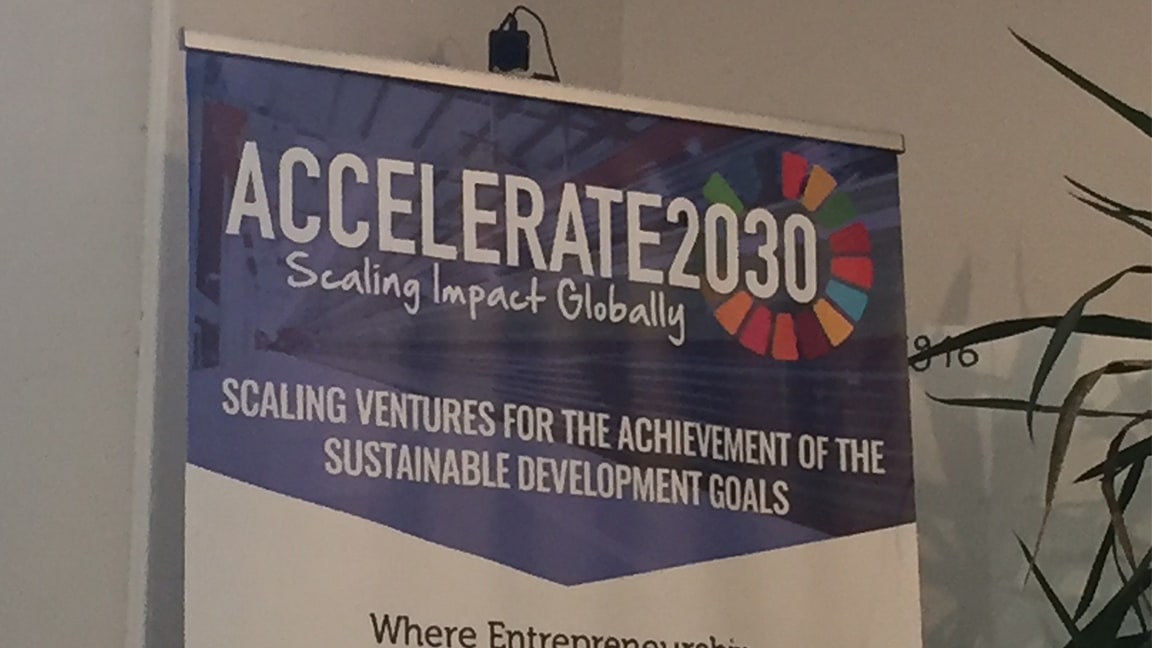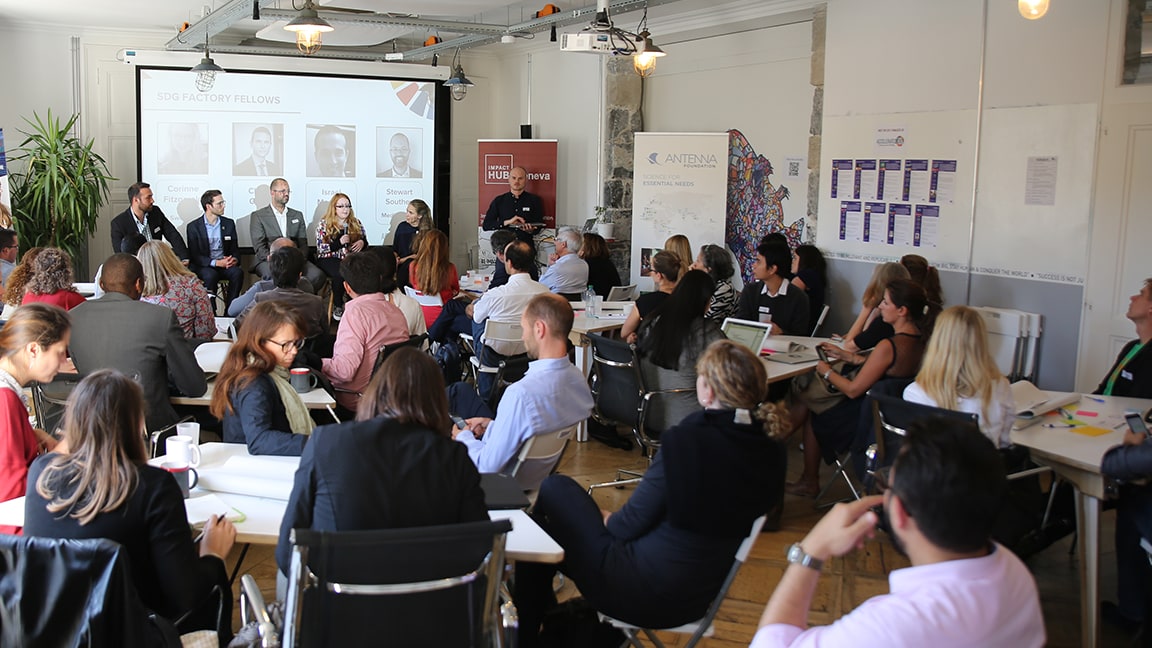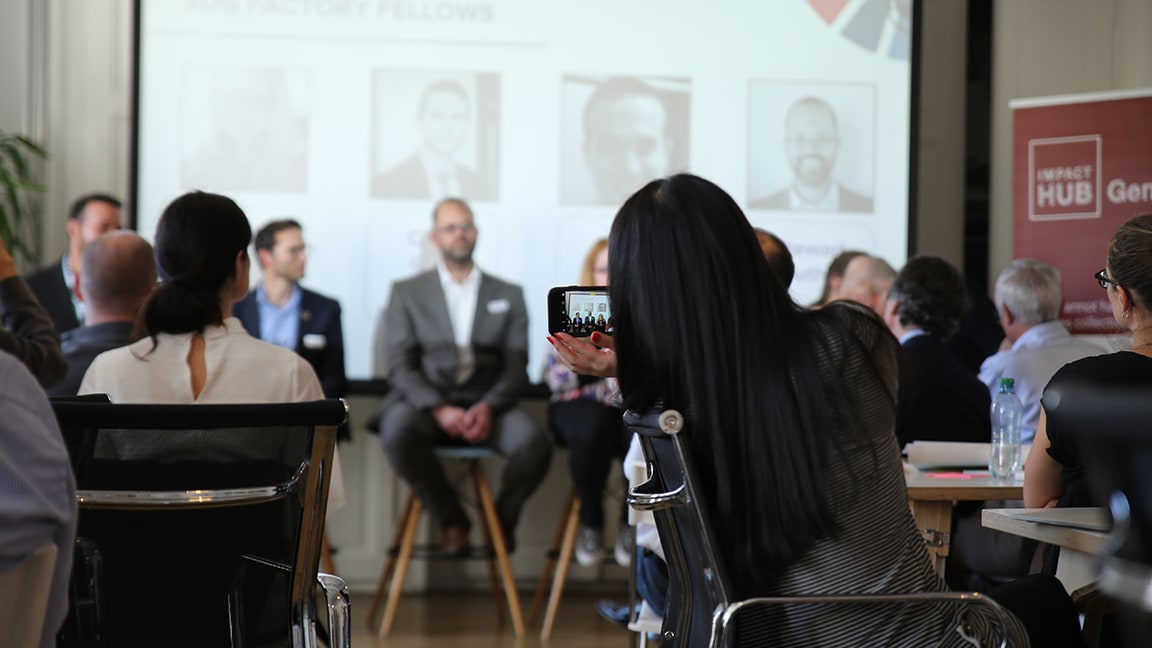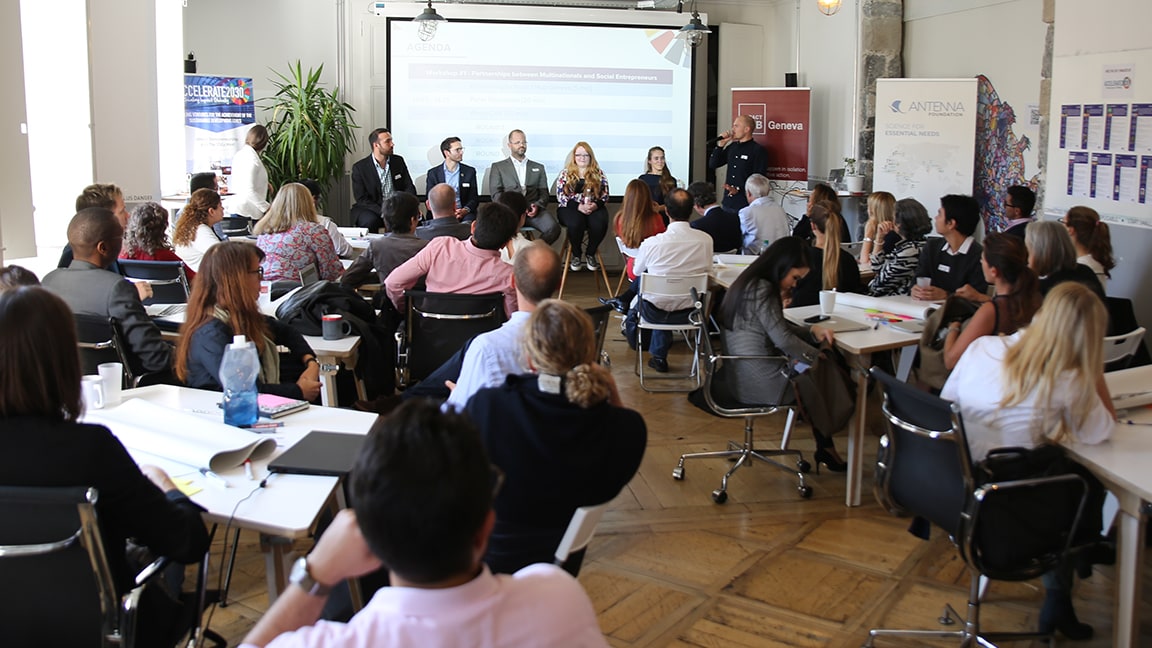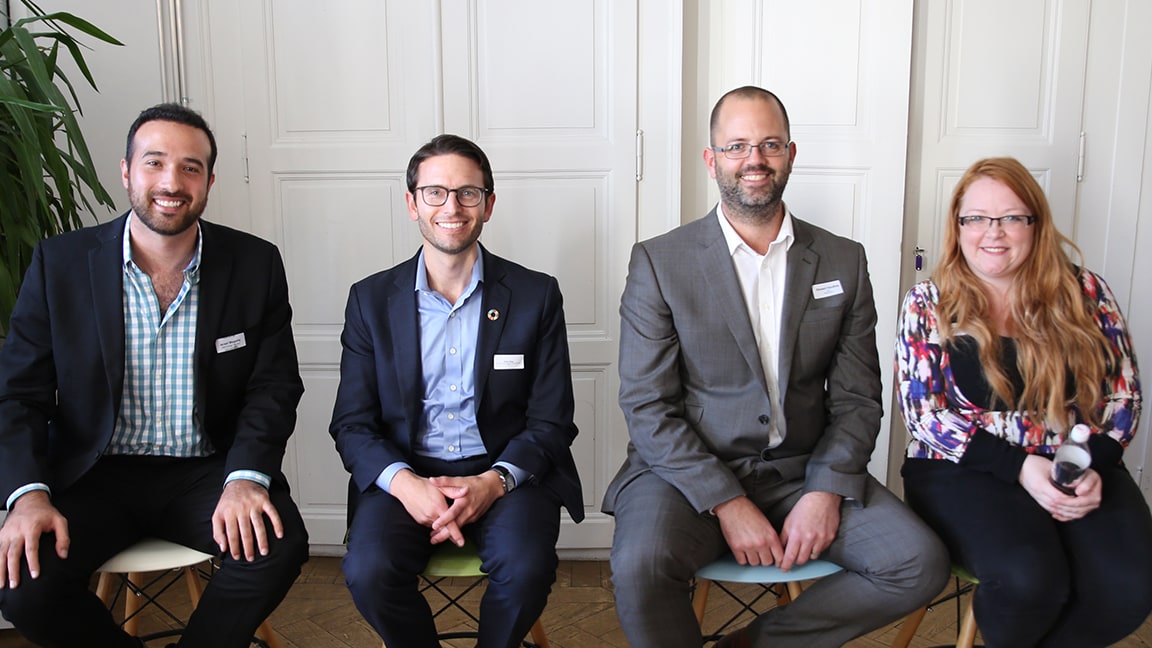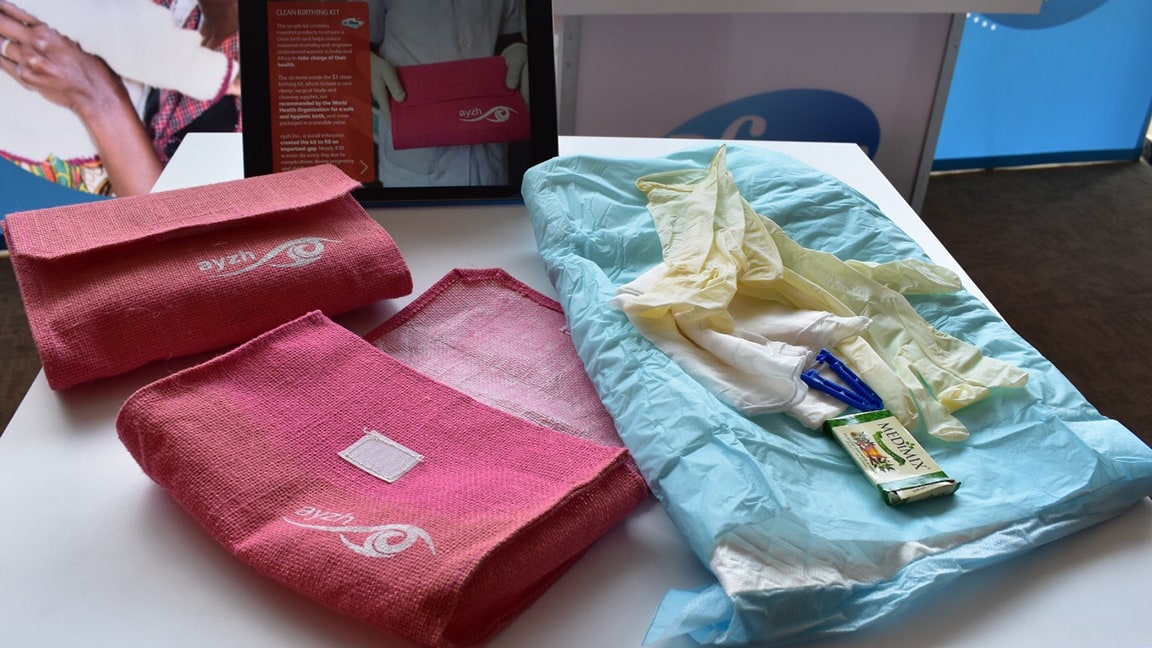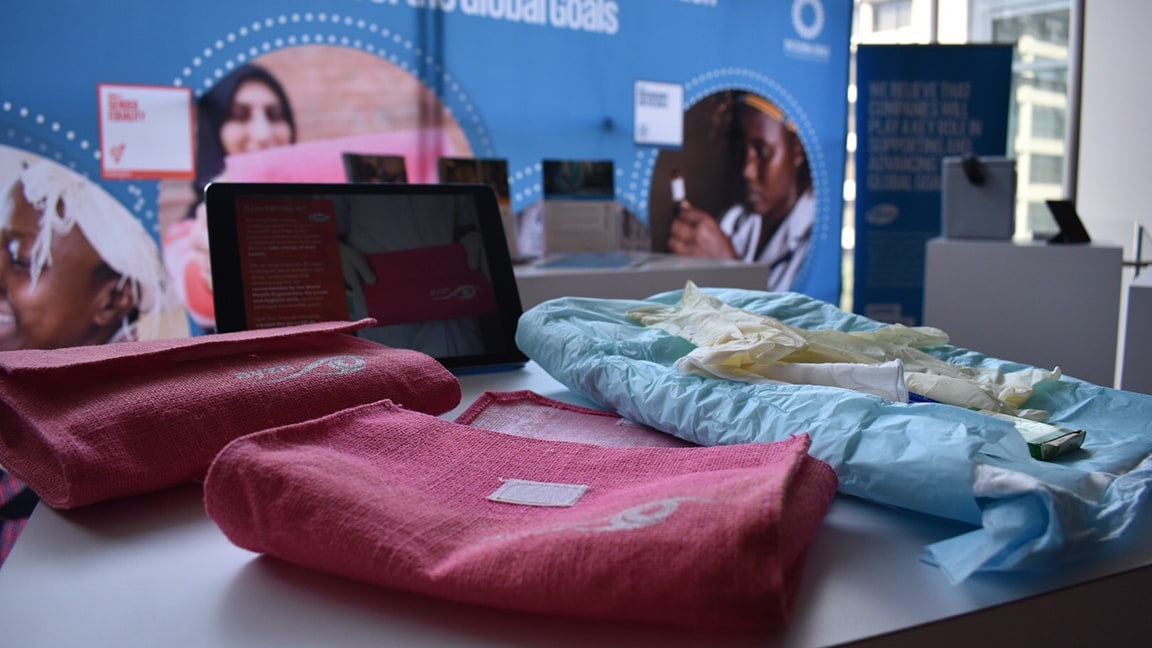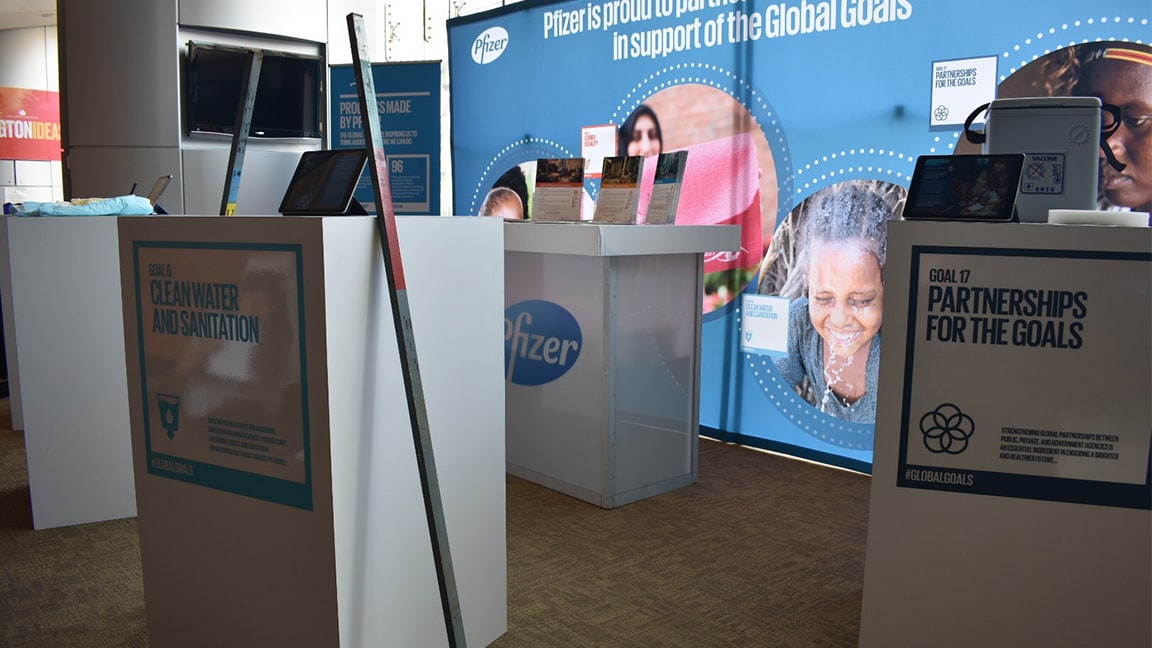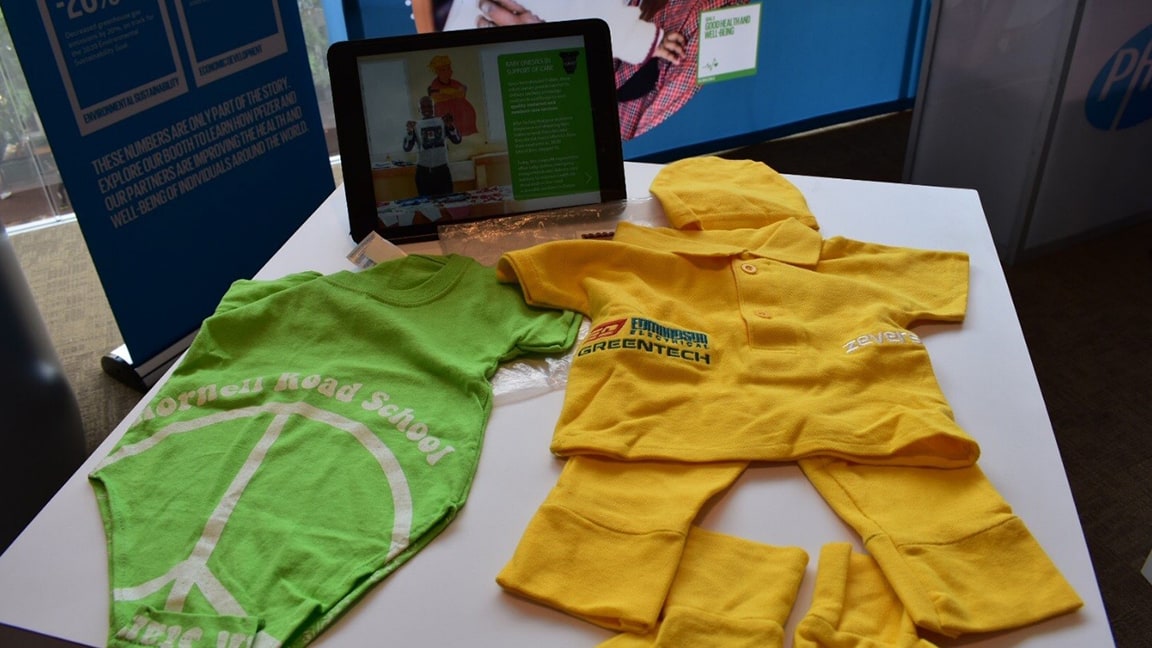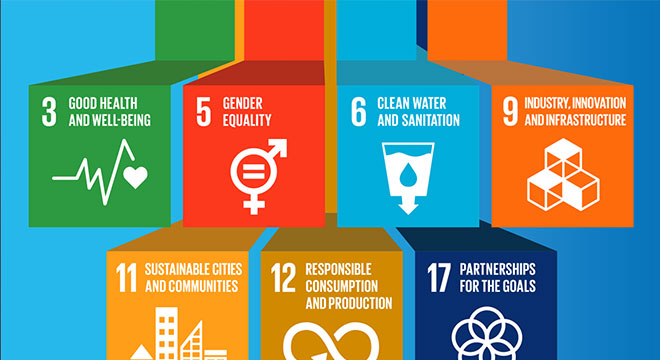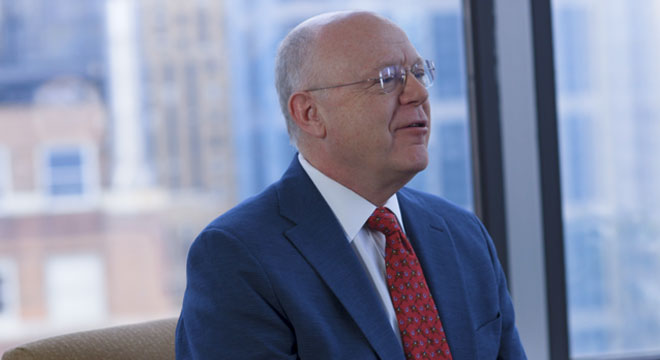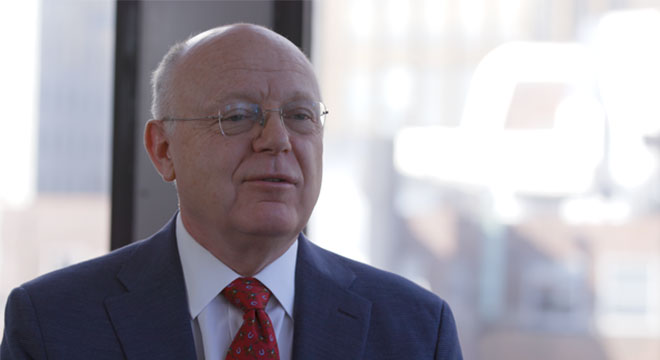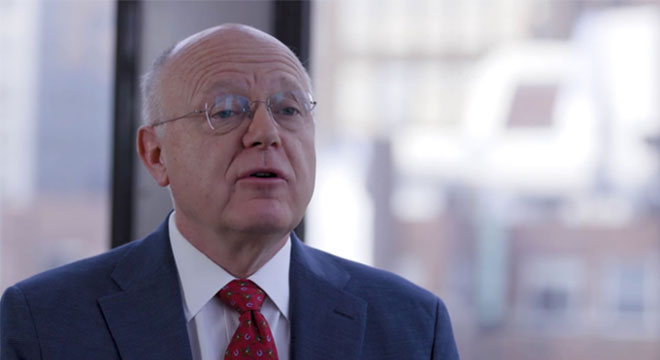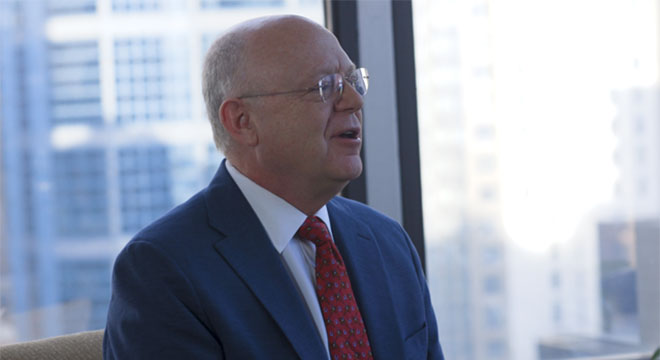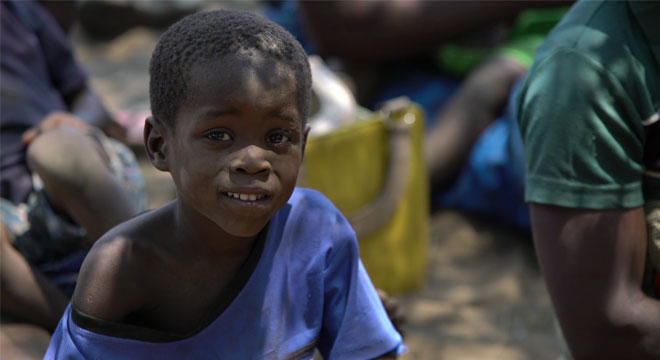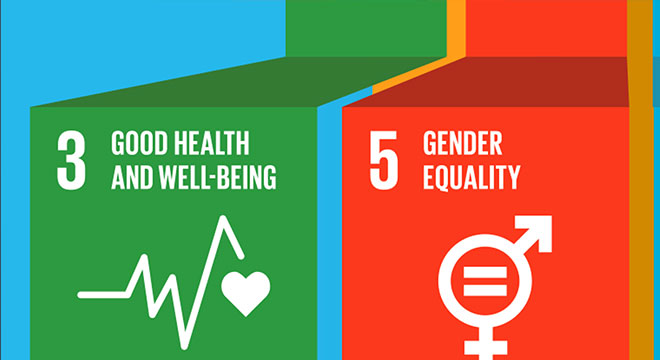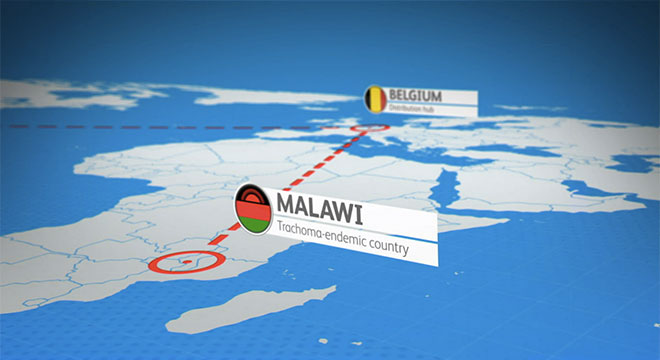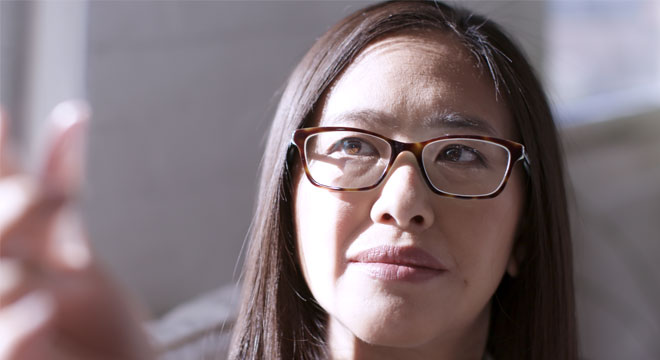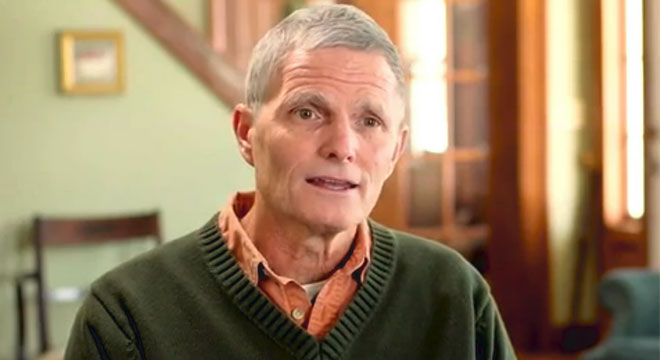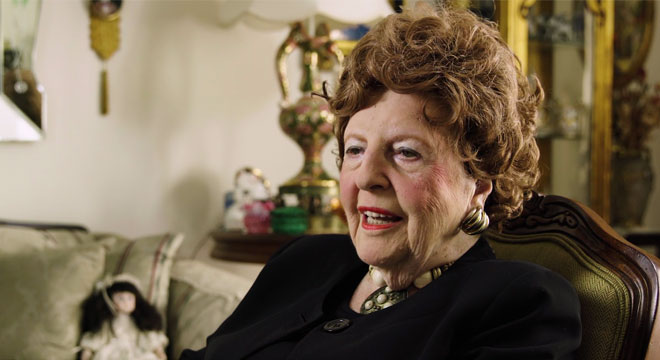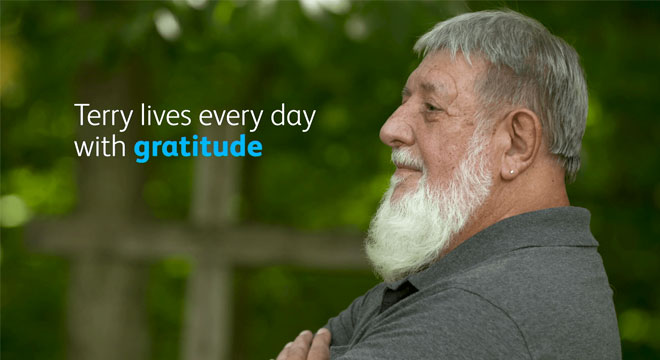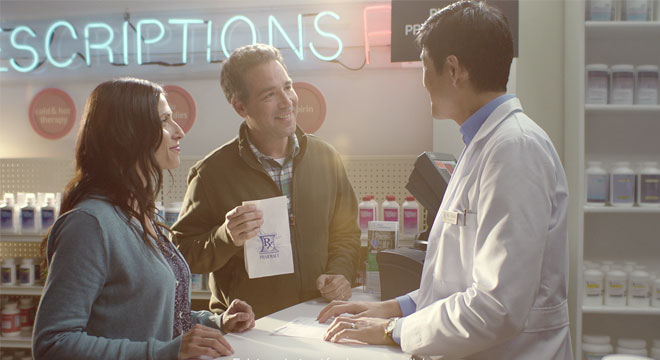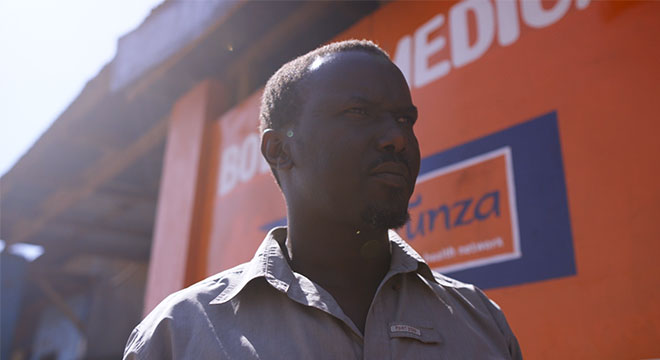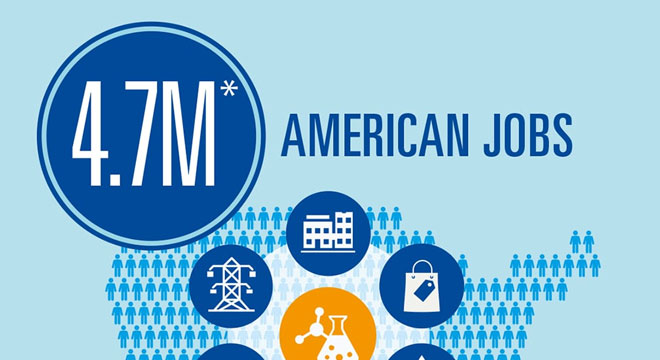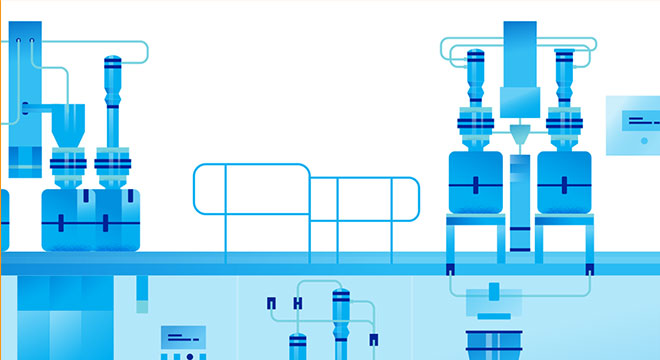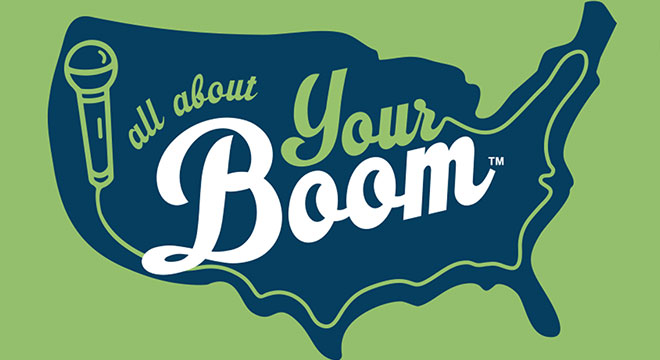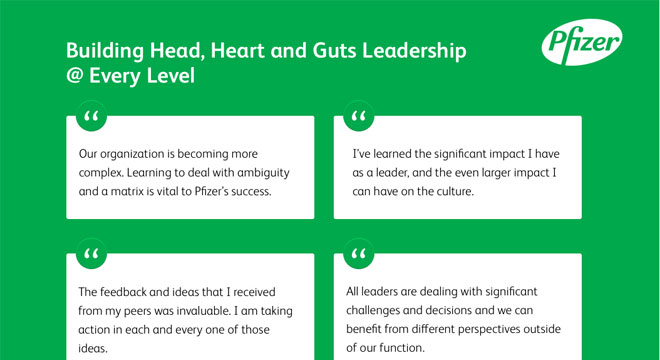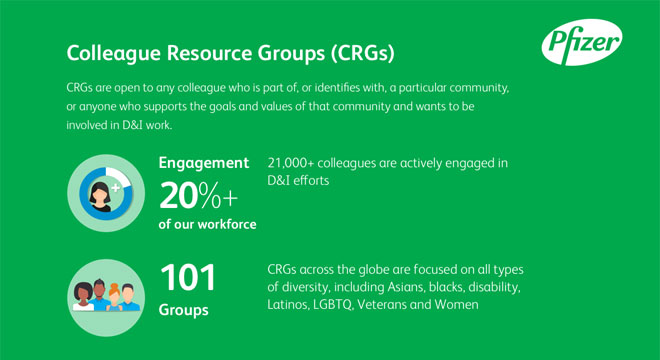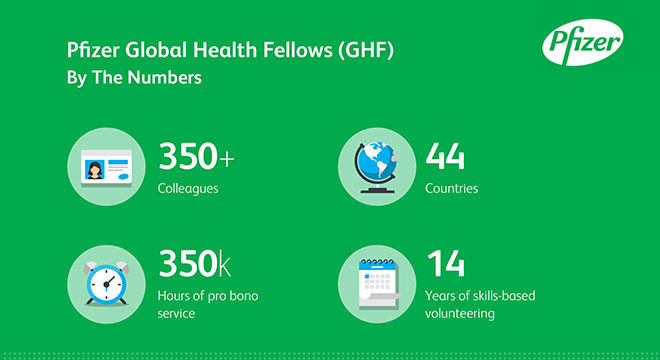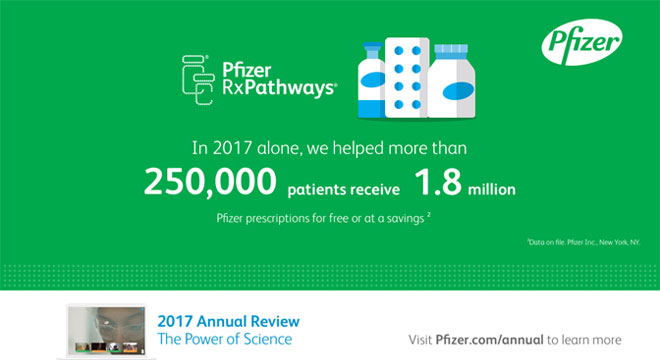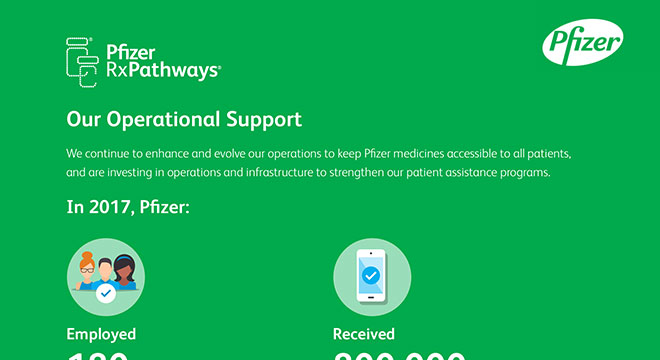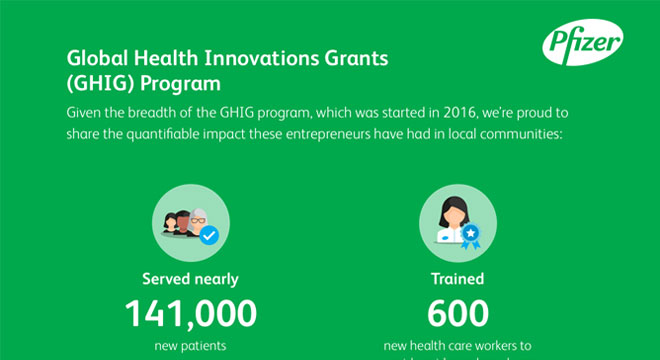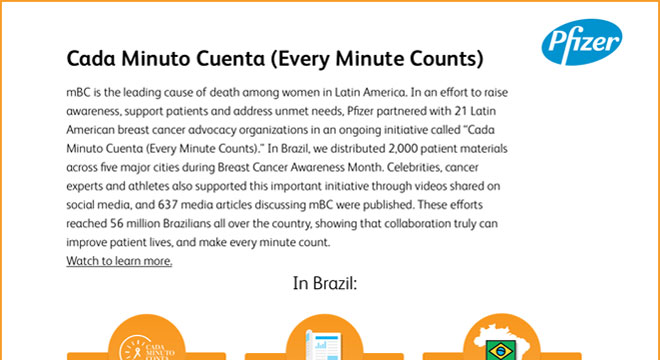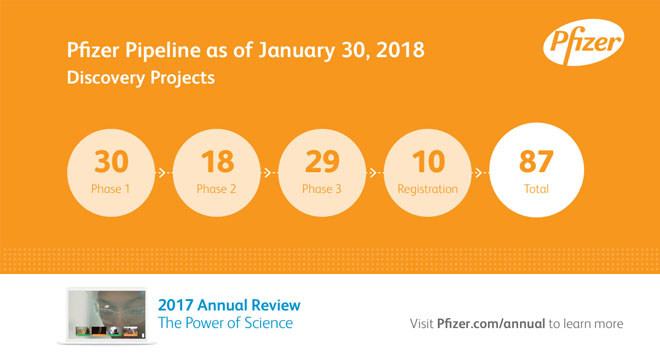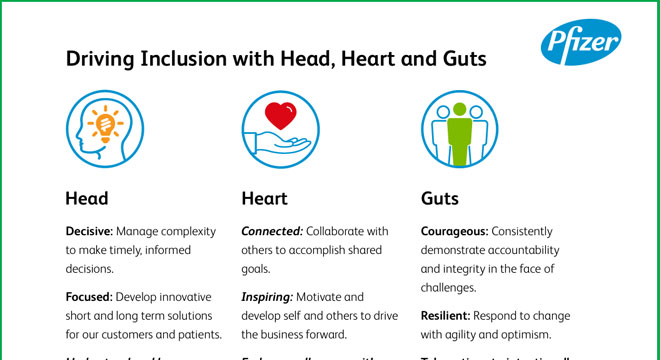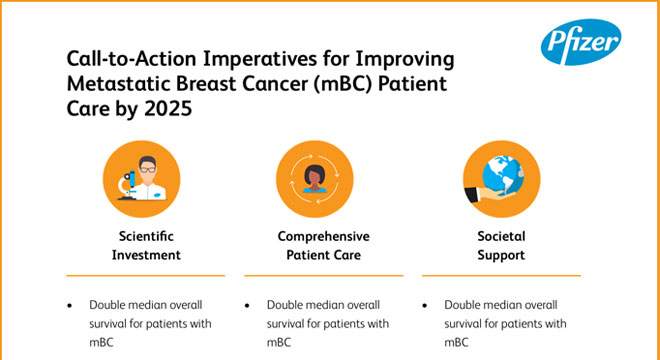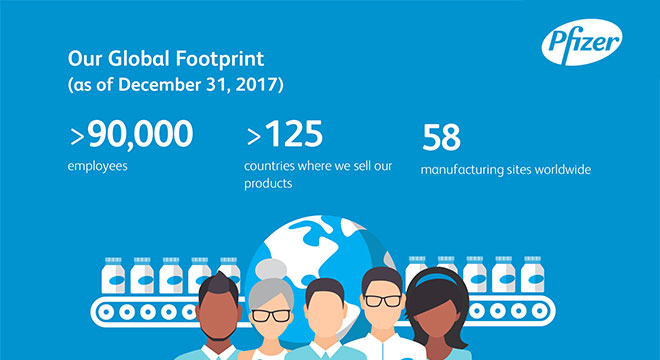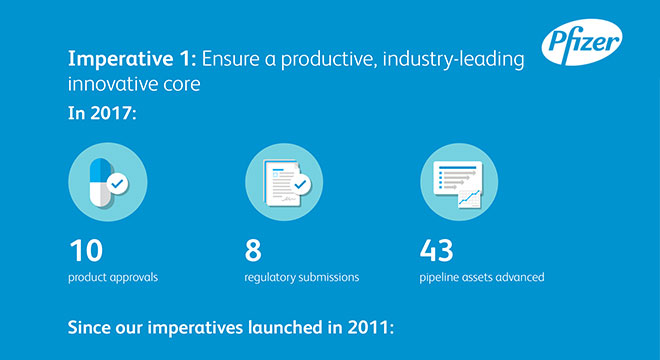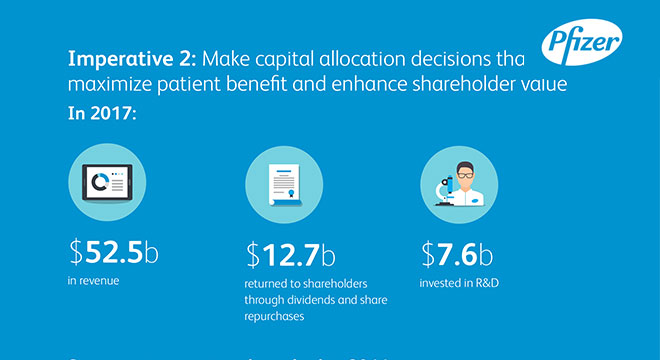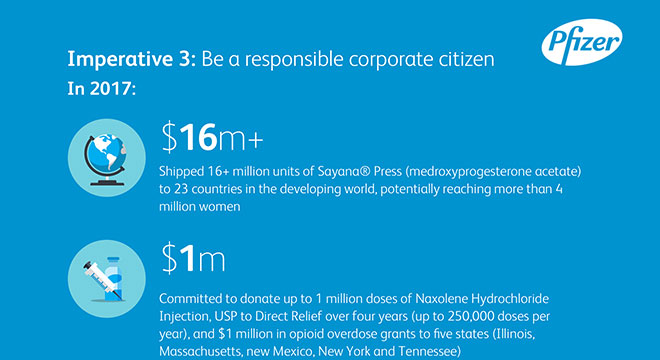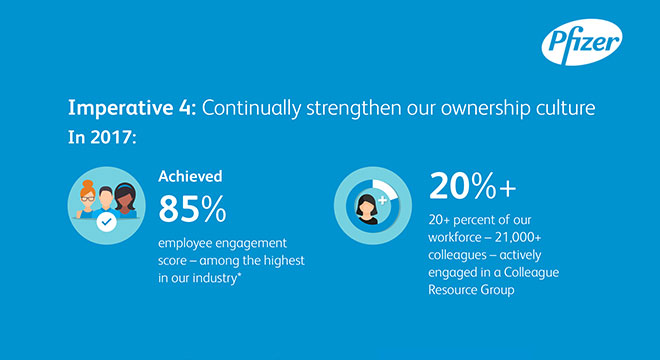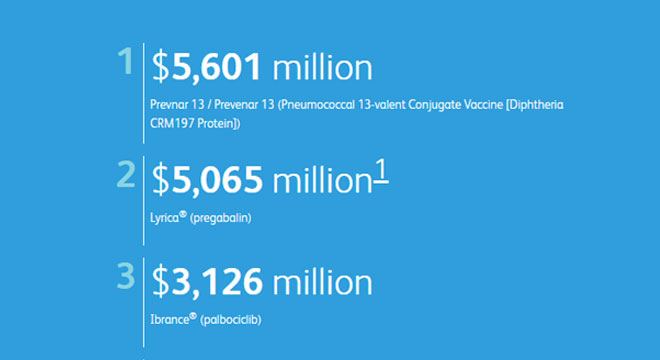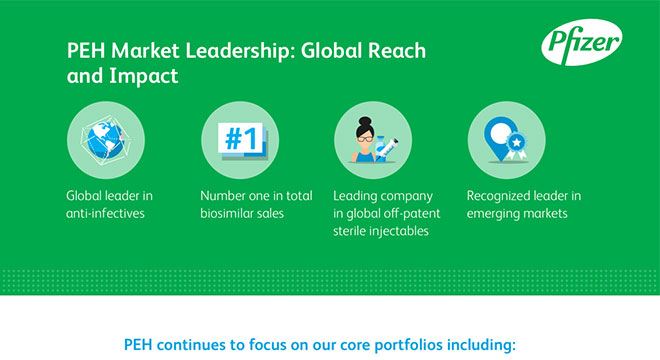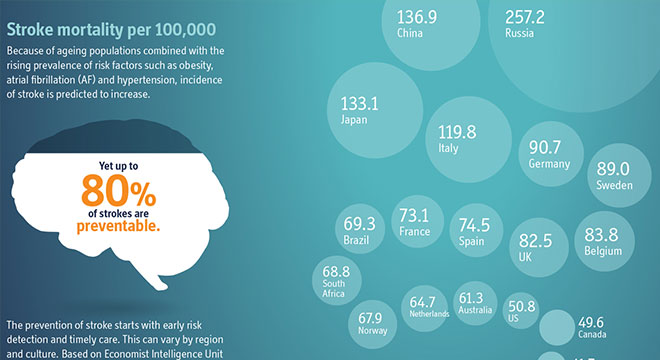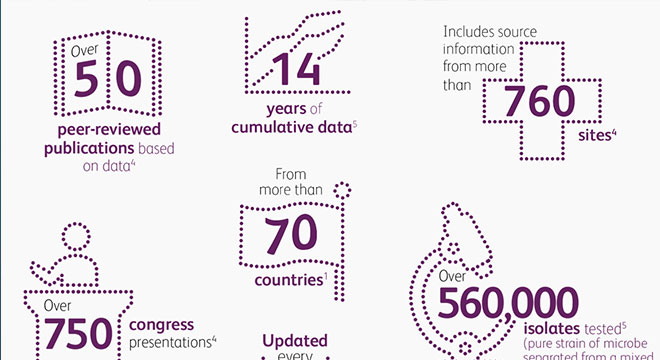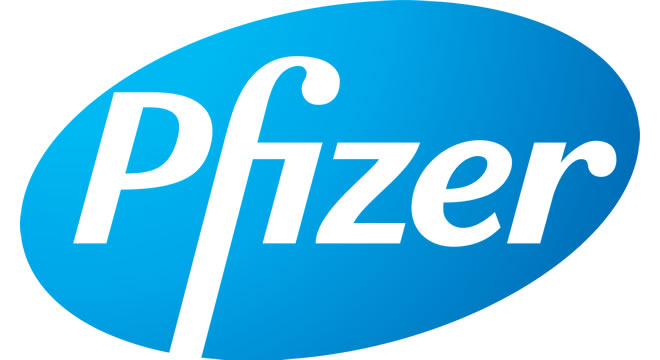Our business, our purpose
Sustainable Development Goals
In September 2015, the United Nations (UN) officially introduced its Sustainable Development Goals (SDGs) to transform our world and “leave no one behind” by 2030. The goals were adopted by 193 nations, and the UN has called for broad-based support of the SDGs, including active involvement by the private sector.
Pfizer supports the SDGs and works to align its scientific focus and corporate objectives to improve global public health impact and sustainable development. Achieving good health and well-being is integral to all 17 of the goals, and is specifically addressed in Goal 3, which states that every person deserves access to quality health care.
Throughout this report, you’ll see the SDG icons at the end of each section to showcase how the work we do every day is mapped to meeting these goals by 2030.
Read more about the United Nations' Sustainable Development Goals
Advancing the Sustainable Development Goals
While Pfizer is committed to helping achieve all 17 SDGs, those listed below are closely aligned to our mission as a research and development-based biopharmaceutical company:

Driving Progress Toward the Sustainable Development Goals
We combine our resources with the expertise of our partners to directly support progress toward several SDGs
Driving Good Health and Well-Being (Goal 3)
At Pfizer, our purpose is to bring innovative therapies to patients that significantly improve their lives. This forms the basis of our commitment to helping achieve Goal 3, delivering Good Health and Well-Being. Good health is fundamental to advancing all of the SDGs, each of which directly benefits from or contributes to advances in public health. By combining our resources with the efforts of global, regional and local partners, Pfizer is developing, implementing and evaluating innovative solutions for some of the most pressing global health challenges.

Pfizer Helps Progress Towards Gender Equality (Goal 5)
Watch how Pfizer seeks to empower and mobilize women around the world through partnerships, as part of our support of Goal 5: Gender Equality.
Encouraging Our Colleagues to Support the SDGs
At Pfizer, we aim to inspire our colleagues to embrace the SDGs and give back to their communities. To recognize individuals who have shown enthusiasm and commitment in this area, we enhanced our annual Pfizer VOL.UNTEERZ Challenge, a global call-to-action designed to recognize and celebrate the volume of colleagues’ volunteer service in local communities around the world. To reinforce and build on Pfizer’s support of the SDGs, the VOL.UNTEERZ Challenge asks applicants to indicate which of the 17 SDGs their volunteer work most closely impacts. The Challenge then engages colleagues globally to vote on their favorite volunteer project, and donations are made in the names of one grand prize winner and nine finalists to the organizations for which they volunteered.
Supporting Social Entrepreneurship Through Accelerate2030
Partnerships are a critical component of Pfizer's business and a contributor to our success. We are proud to put the science of social entrepreneurship to work with innovative organizations that align with our mission of advancing the SDGs. Accelerate2030, co-initiated by the Impact Hub Geneva and the United Nations Development Programme, is a nine-month capacity-building program with a mission to support social ventures that contribute toward the SDGs. The program selected the ten best ventures from 300+ applicants across 17 countries in four continents, and connected them to a network of expert partners that will help them grow their impact internationally. Accelerate2030’s vision is to become a global, multi-stakeholder, cross-border scaling accelerator with measurable impact on the SDGs.
In October, we joined the SDG Factory in Geneva, Switzerland, to lead a discussion on Goal 17: Partnerships for the Goals, as part of Accelerate2030’s Scaling Week. The interactive session focused on how social entrepreneurs can work with multinational organizations to accelerate and achieve the SDGs.
Showcasing Pfizer’s Progress Toward the SDGs Across the U.S.
To spread awareness of the SDGs and the work Pfizer does to help ensure that every individual lives the healthiest life possible, we went across the U.S. to showcase our progress against the goals. Through an interactive exhibit booth, we shared information on the SDGs and amplified Pfizer’s support at key conferences, including South by Southwest (Austin, Texas), Washington Ideas (Washington, D.C.) and Power of Purpose: The Corporate Responsibility Summit (New York, N.Y.).
The booth featured an exhibit of unique global health tools to provide tangible examples of how Pfizer-supported programs are helping drive progress toward achieving the SDGs. All of the tools displayed supported a specific SDG:
- Goal 3: Good Health and Well-Being – Baby onesies made from donated T-shirts that incentivize mothers in rural Kenya to give birth in clinics, developed by 2020 MicroClinic, an organization funded through the Pfizer Foundation Global Health Innovation Grants
- Goal 5: Gender Equality – A $3 clean birthing kit from ayzh, a social enterprise in India that is part of the Pfizer Foundation Global Health Innovation Grants cohort
- Goal 6: Clean Water and Sanitation – A dosing stick used during mass drug administrations for trachoma, representing Pfizer’s antibiotic donations and work with the International Trachoma Initiative
- Goal 17: Partnerships for the Goals – A cooler used to transport vaccines to remote communities, highlighting Pfizer’s partnership with Gavi, the Vaccine Alliance, and the UN Foundation’s Shot@Life campaign
Progress Made toward Transforming SDG 3: Good Health and Well-being by 2030
| Target by 2030 | Progress |
| Target 3.1: By 2030, reduce the global maternal mortality ratio to less than 70 per 100,000 live births | We support a program with the 2020 MicroClinic in Kenya to implement evidenced-based interventions that decrease maternal and neonatal mortality and improve access to antenatal and postnatal services, including access to a skilled birth attendant. |
| Target 3.2: By 2030, end preventable deaths of newborns and children under five years of age, with all countries aiming to reduce neonatal mortality to at least as low as 12 per 1,000 live births and under-five mortality to at least as low as 25 per 1,000 live births | The Pfizer Foundation has partnered with Save the Children to expand a pilot program that improves access to critical health care for women and children by combining family planning services and immunization services. For women living in Malawi, where most people make the equivalent of $1 per day, quality health care is critical to fostering an equal and fair society. However, access to health services is not easy to come by in many rural areas, and women often have few resources to spend on health care and minimal time to make clinic visits. Through the Save the Children partnership, women who bring their children to health care facilities for immunizations are also offered family planning counseling at the same site, cutting down on the number of visits and ensuring mothers receive care themselves. Participants in the program report better health outcomes for newborns, higher rates of completion for first-year immunization schedules, improved family planning outcomes and increased confidence and ability for mothers to advocate for their families’ health. Additionally, through our partnership with Gavi, the Vaccine Alliance, we provide Prevenar 13® (Pneumococcal 13-valent Conjugate Vaccine [Diphtheria CRM197 Protein]) to infants and children through Gavi’s Advance Market Commitment (AMC). Through the AMC, Pfizer has committed to supply up to 740 million doses of this critical pneumococcal vaccine at our lowest global price through 2025. We also support a project with the U.S. Fund for UNICEF to expand use of mobile health platforms to improve immunization delivery and health outcomes for children in their first 1,000 days of life in Uganda. |
| Target 3.5: Strengthen the prevention and treatment of substance abuse, including narcotic drug abuse and harmful use of alcohol. | The Pfizer Naloxone Access Program reflects Pfizer’s longstanding commitment to improve health outcomes by expanding access to medicines and ensuring patient safety through educational activities associated with appropriate use of prescription medicines. In 2017, we committed to donate up to 250,000 doses per year of Naloxone Hydrochloride Injection to Direct Relief – a humanitarian aid organization that provides support in underserved communities and in emergency settings, including treating opioid overdosing – over the course of the next four years (1 million total doses). Direct Relief distributes the product to its nationwide network of more than 4,000 nonprofit sites in the U.S. |
| Target 3.7: By 2030, ensure universal access to sexual and reproductive health care services, including for family planning, information and education, and the integration of reproductive health into national strategies and programs. | Since 2014, the Pfizer Foundation has awarded $12 million as part of its Women and Children’s Health portfolio to address barriers to accessing health care, including:
|
| Target 3a: Strengthen the implementation of the WHO Framework Convention on Tobacco Control in all countries, as appropriate. | Pfizer is committed to helping address the tobacco epidemic by working with governments, policymakers, health care providers and communities around the world, with a focus on improving access to and reimbursement for smoking cessation treatment. At the 7th European Conference on Tobacco or Health (ECToH), which gathered 400 policy makers, scientists, health educators, advocacy officers and health professionals involved in tobacco control, Pfizer sponsored a symposium entitled “The Treatment of Tobacco Dependence: From Policy to Action.” This event featured renowned experts discussing the importance of smoking cessation and the need to improve access to smoking cessation services and treatments, to achieve public health objectives. |
* The Pfizer Foundation is a charitable organization established by Pfizer Inc. It is a separate legal entity from Pfizer Inc. with distinct legal restrictions.
Explore our passion in action


